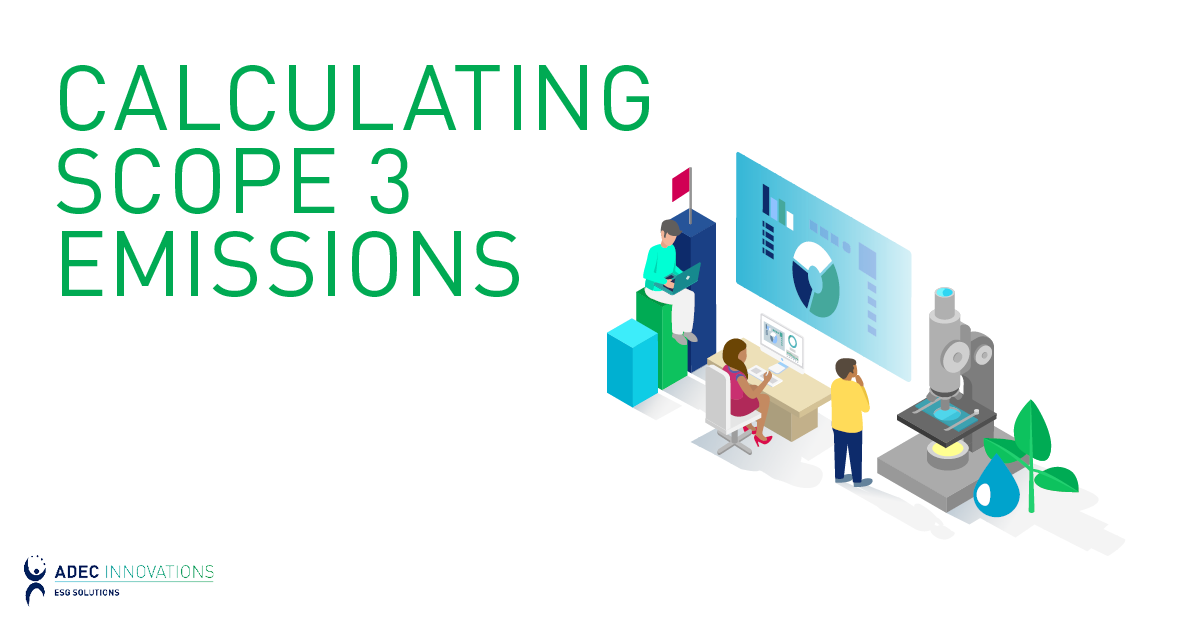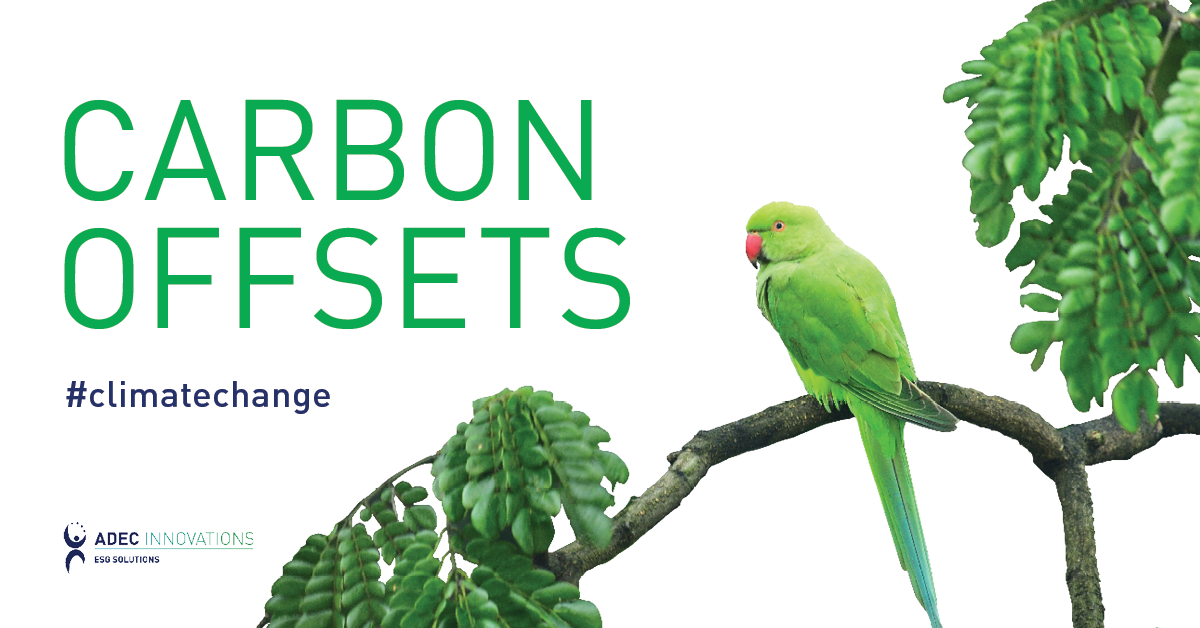How Hotels Can Become More Sustainable Through Data
The word “sustainable” is often used interchangeably with “eco-friendly.” For the hospitality industry, being eco-friendly may mean getting certified or meeting compliance requirements, and can be a point of differentiation that sets a hotel apart as unique, attracting a niche market. Though it has not yet proven enough reason to adopt sustainable practices industry-wide, increasingly, hotels are required by governments and customers to disclose their impact beyond branding. To meet these growing requirements, hotels must be able to accurately measure and disclose their greenhouse gas (GHG) emissions and resource consumption.

By Dinali Mallikage
February 21, 2017
The word “sustainable” is often used interchangeably with “eco-friendly.” For the hospitality industry, being eco-friendly may mean getting certified or meeting compliance requirements, and can be a point of differentiation that sets a hotel apart as unique, attracting a niche market. Though it has not yet proven enough reason to adopt sustainable practices industry-wide, increasingly, hotels are required by governments and customers to disclose their impact beyond branding. To meet these growing requirements, hotels must be able to accurately measure and disclose their greenhouse gas (GHG) emissions and resource consumption.
 The future of the planet faces serious challenges-with climate change having dire implications for the global environment, health, economy and just about every facet of life. The 2015 COP21 conference of leaders from government and the private sector was a global call to reduce GHG emissions and avert the climate crisis. Echoes of the COP21 conference are reverberating across all industries, including hospitality and travel.
The future of the planet faces serious challenges-with climate change having dire implications for the global environment, health, economy and just about every facet of life. The 2015 COP21 conference of leaders from government and the private sector was a global call to reduce GHG emissions and avert the climate crisis. Echoes of the COP21 conference are reverberating across all industries, including hospitality and travel.
Many hotels are guilty of excess consumption. The American Hotel and Lodging Association reports that the industry spends USD3.7 billion per year on energy, while the average guest uses 170-440 liters of water per night.
Challenges such as excessive energy and water expenditures have become opportunities for innovation, transforming the business through better models that integrate sustainable practices. These new business models generate strategies and practices that reduce costs, create competitive advantages, comply with regulations, increase employee retention, enhance customer loyalty and improve risk management. Here are some of the ways hotels have been adapting:
- Conducting water audits to see water consumption and plan reduction strategies
- Performing energy audits to develop better energy management plans
- Changing water heads to low-flow, installing sink aerators and using grey water
- Installing mercury-free fluorescent bulbs or LED lights and occupancy sensors in bathrooms, storage rooms or hallways
- Establishing a green purchasing policy that, for example, replaces disposable cups and filters with glassware and porcelain
- Using dispensers instead of small toiletries
- Giving discounts to guests who reuse towels and bed sheets
Some critics such as GreenView founder, Eric Ricaurte, contest that measures are ineffective or green traps. He suggests that while many of them do make guests feel good and safe, knowing they are making a positive impact, guests are not necessarily aware of exactly how their efforts are making a difference.
The key is to measure and collect data -- you can’t manage what you can’t measure, which is especially true in the case of sustainability. Some have responded by creating industry-wide databases consisting of data from thousands of hotels. The “Hotel Sustainability Benchmarking Index 2016: Energy, Water and Carbon,” provides raw benchmarks for energy consumption, water consumption and GHG emissions through a sustainability database for industry comparison, analysis and data integration. It benchmarks a specific property against other properties, and is part of a larger effort called the Cornell Hotel Sustainability Benchmarking project, a long-term initiative to provide credible benchmarks for hotel energy usage, water usage and carbon emissions.
Another data-driven sustainability project is called the Hotel Foot Printing Tool, an online tool that searches the range of carbon emissions and energy usage from a database of hotels around the world. Owners and customers can see the energy and carbon footprint data of a property to make smarter decisions.
Currently, sustainability in the hotel industry space is in an experimental stage. Continuing to have an emphasis on data will lead to the development of more credible long-term strategies based on actual numbers and can help to avoid the trap of greenwashing. Data management is the first step towards creating impact through environmental stewardship that goes beyond branding and compliance.
ADEC Innovations (ADEC) helps organizations recognize business drivers for sustainability practices and offers cost-effective data management and software solutions. Watch our video to find out how ADEC can help end your data chase.
Related Articles
GHG Emissions, Sustainable, consumption, Industry-Hospitality
By Tyanna Bui on November 2, 2021
Carbon Management | GHG Emissions
By Sharolyn Vettese on December 4, 2018
Environmental Planning | Energy | GHG Emissions | Carbon Tax | Cap and Trade
Be a sustainability leader.
Our team supports you no matter where you are on your Sustainability Journey. Talk to us today to learn more.




